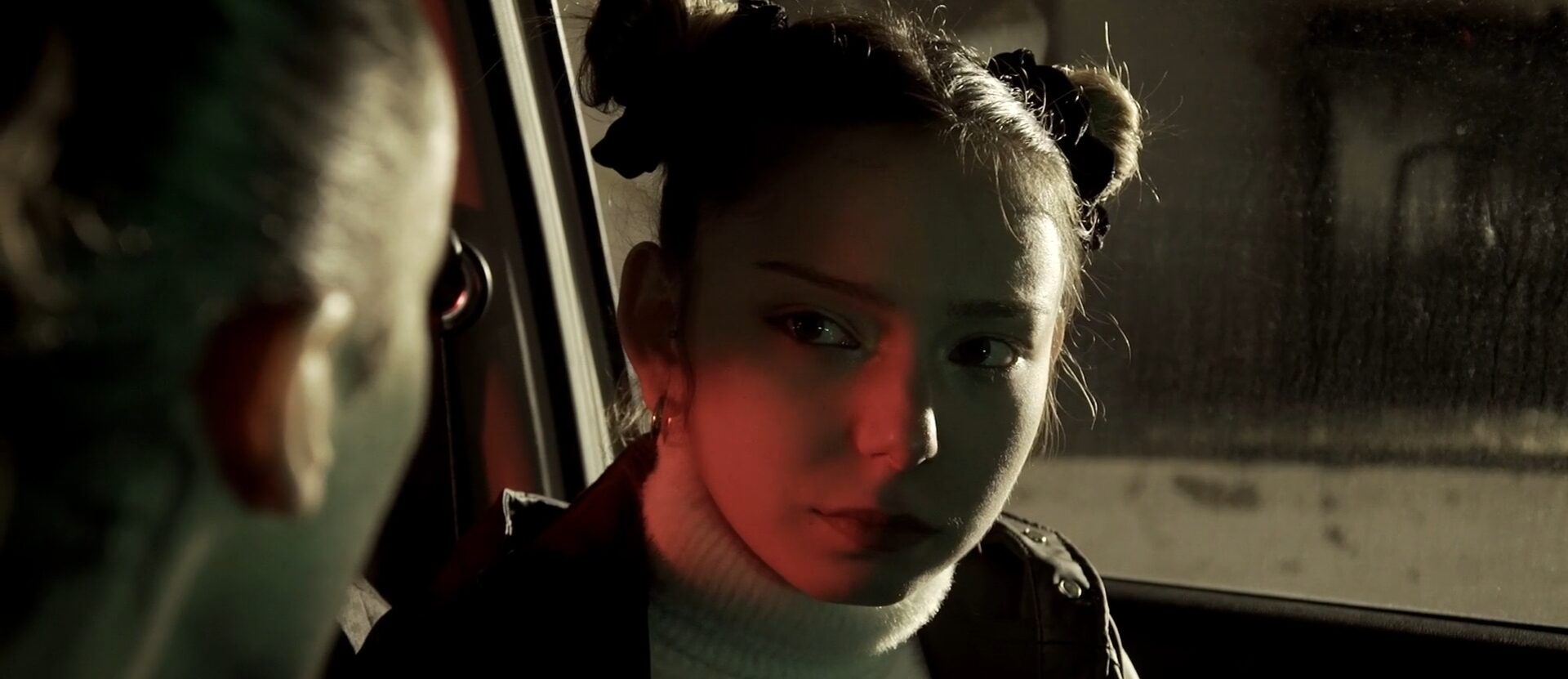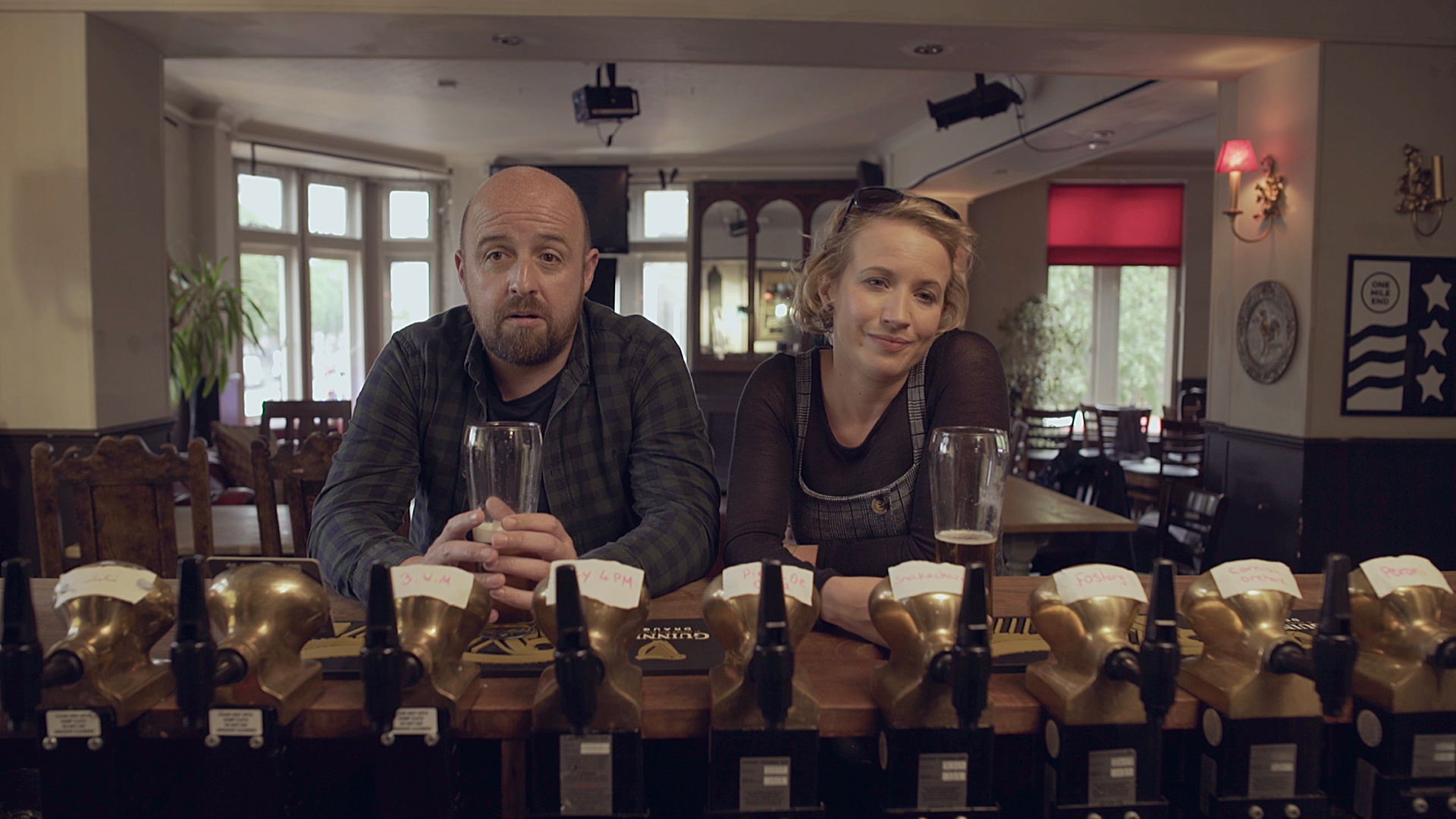The showreel is the most important tool you have as an actor to get access to auditions. Tailor-making it from scratch is a good way to ensure you get exactly the type of footage you need.
Problem is, how do you know what you need?
Choosing the right content for your tailored-made showreel is extremely important and it can be a daunting task.
There are two main aspects to balance, in order to create the perfect showreel:
- What the casting directors want to see
- What you want to show
It’s very easy to fall into the trap of only focusing on one of these. When that happens, the showreel is never as satisfactory as it should be: either it gets you seen, but only for roles you’re not interested in. Or it doesn’t get you seen at all.
So let’s tackle these two sides one at a time.
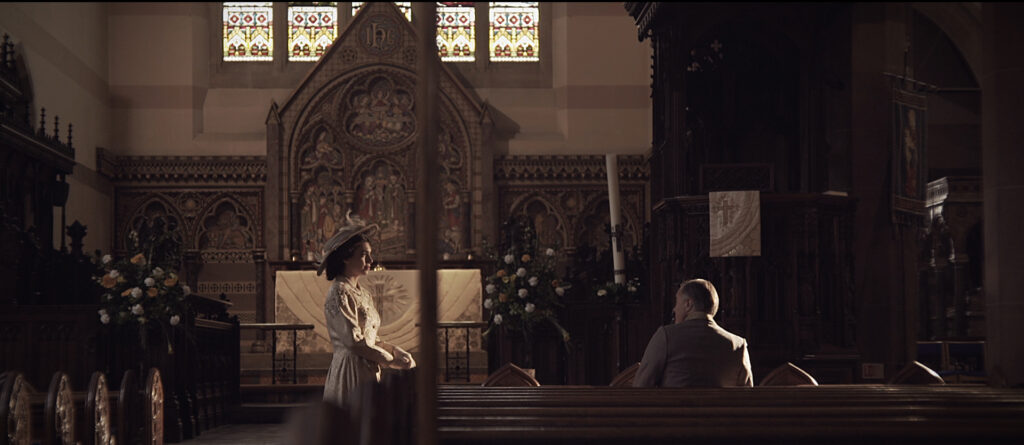
What do casting directors want to see?
You.
First and foremost, casting directors want to see at least one scene of you just ‘being you’.
But what does that mean? Should you hire a crew to follow you around one day? Obviously not.
What they mean when they say ‘just be yourself’, or ‘we just want to see you on camera’ is basically a very low-stake dialogue scene where you play a character that is as close to yourself as possible.
This may sound easy and boring, but it’s actually much tougher than you think!
First of all, your own perception of ‘who you are’ can sometimes be very different to what other people perceive.
Think of those who have a ‘resting bitching face’, meaning when they’re just neutral, they come across as pissed off. Or people who come from a different country and think they’re just being honest, but people here in Britain find them rude.
You need to find someone who can be honest about how you come across and, ideally, be able to write something that is as close as possible.
Apart from this, any scene in any movie or TV series has a purpose. At the very least, it needs to further the plot. If it is well written, it also reveals something about the characters.
No scene is ever ‘just two people talking’, even if it looks like it.
And that’s a good thing! When you prepare your character, you need to find out what your character wants in the scene and how they’re going about getting it.
A scene where the conversation idly goes nowhere, just as it does in real life, is boring, pointless and actually much harder to act out in an interesting and engaging way.
So what you need is at least one scene, or part of a scene, where you have a low-stake dialogue that is as naturalistic as possible while still being a real scene with stakes, objectives and at least one major gear change.
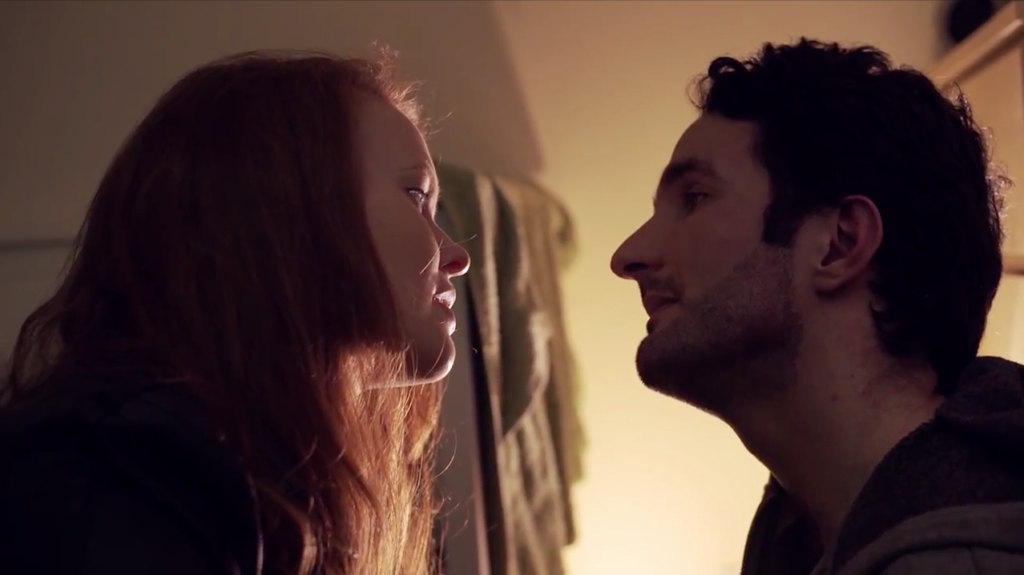
What do casting directors DON’T want to see?
That’s because they need to judge your acting as quickly as possible and that’s the easiest and fastest way to do it.
So, if you have any specific skills like dancing or stage combat, it’s generally best to relegate them to a separate showreel and keep just acting in the main one.
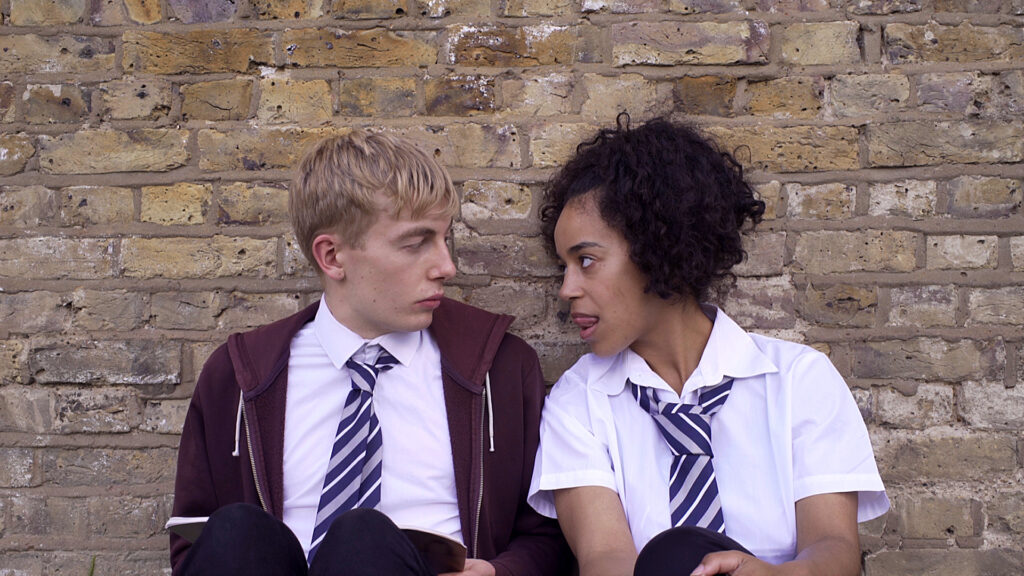
What do you want to show?
This is just as important as giving casting directors what they want to see. In many cases, it can make the difference between getting called in or not.
What makes you different? What makes you special? That’s what will get you noticed.
To help you figure this out, answer these questions:
- What kind of roles do you usually get cast as, or are considered for?
- What kind of roles have you played in the past and really enjoyed?
- What kind of roles would you like to be considered for?
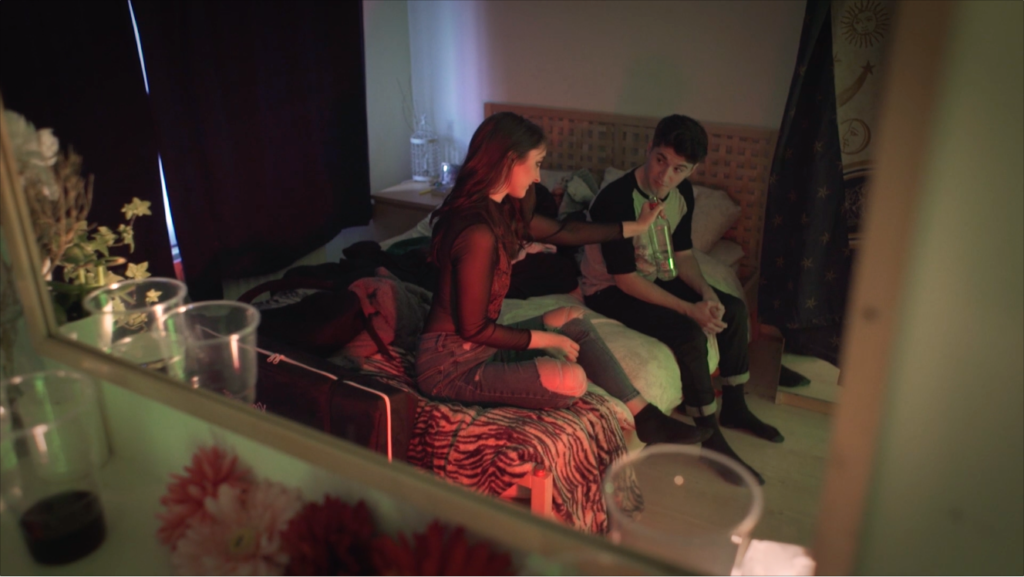
Typecasting

Different characters and different emotions
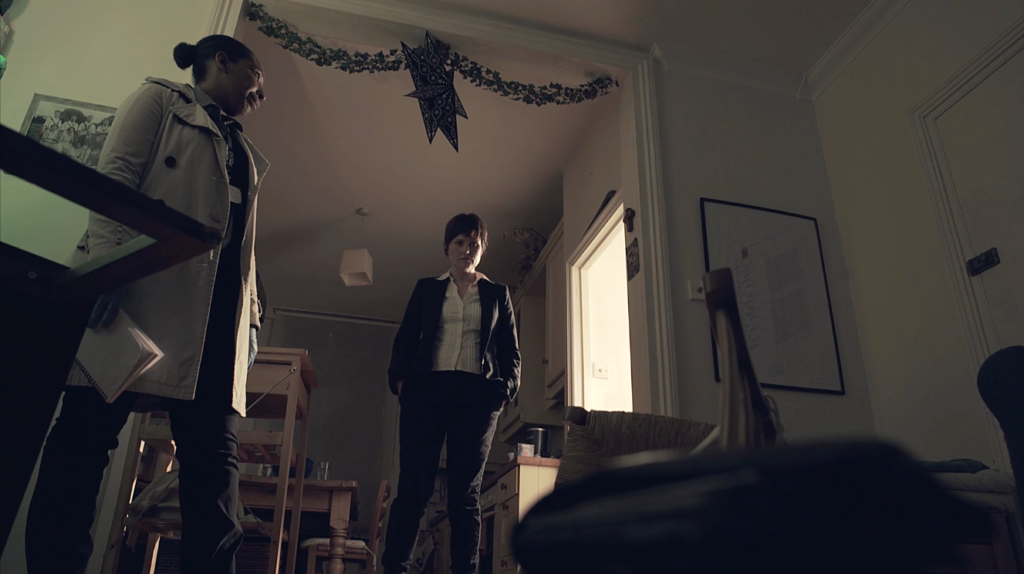
Scripts that feel real
There’s nothing more off-putting than watching a showreel and realising that it’s tailored-made.
It looks cheap (even if it wasn’t!) and borderline amateur. It makes you look like no one cast you in anything before and you had to pay for it.
Which is unfair: you might have a great career already and simply want to show that you can do something different! Or you might simply be at the start of your career and want to show your best without wasting months or years working on no-to-low pay student films.
Anyway, you don’t want people to realise that your showreel is tailored-made.
This has a lot to do with the quality of filming, but the quality of the scripts is just as important.
Never use scripts from existing movies or TV series! Apart from the fact that they’re copyrighted and you’re not legally allowed to use them, casting directors will recognise them and will automatically start thinking about the original instead of just watching you.
So, either you write them yourself, or you get someone to write them for you.
The scripts should feel as if they came from real projects, which means they can’t be a full completed story. At the same time, each scene should accomplish something in the overall plot of the movie.
Something needs to happen, even if it’s subtle.
This will allow you to show how your character reacts to this main thing that happens in the scene. This main gear change.
Even if it’s as small and as silly as a friend eating your last pack of crisps!
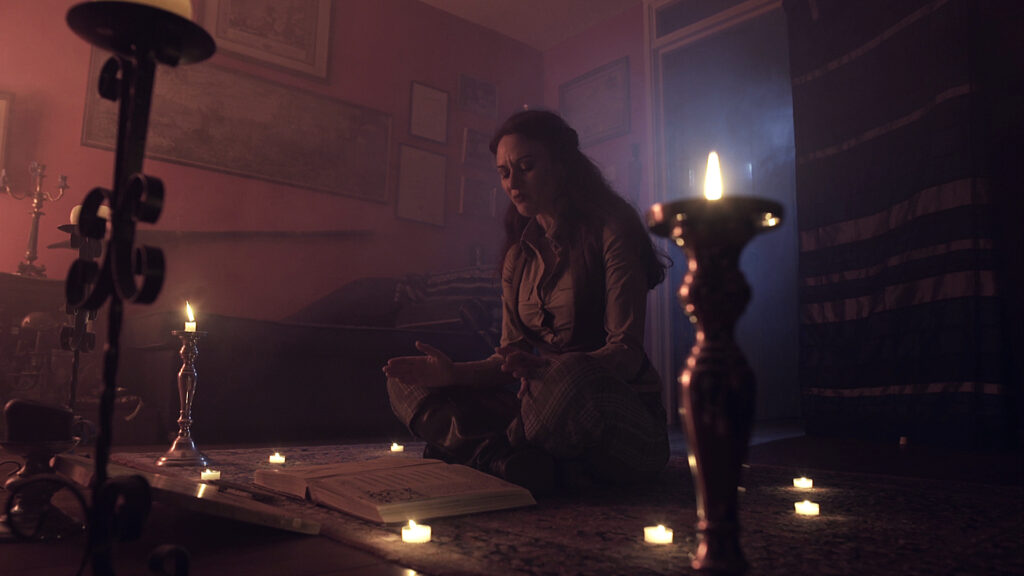
Putting it all together
These must include:
- One low-stake very naturalistic dialogue where you look pretty close to yourself
- One scene where you fully embrace your stereotype
- Different emotions for every character you play
- Scripts that feel real
- Different genre for every scene
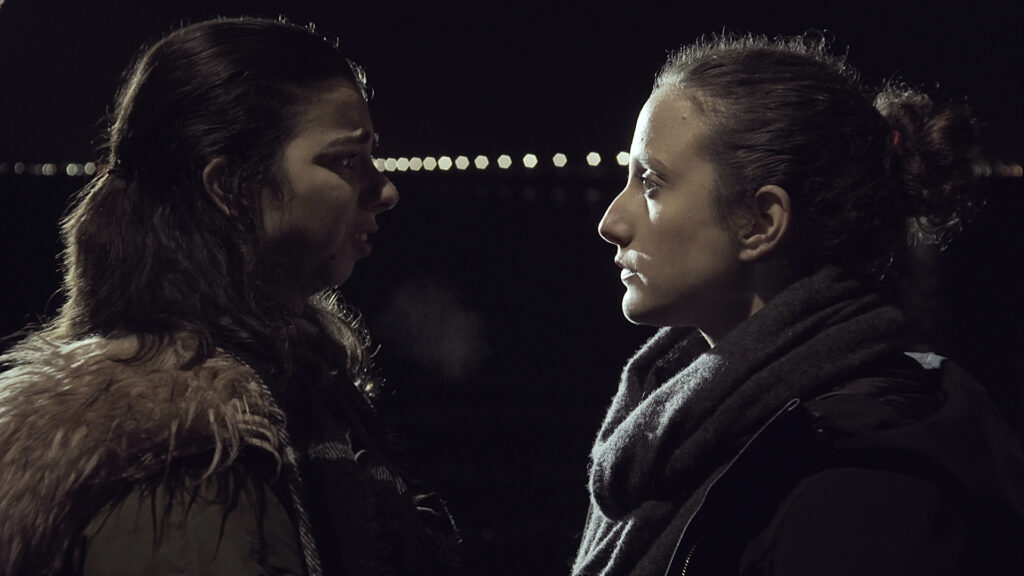
Are you ready to make your new showreel? Check out some of our samples and get in touch!
For even more samples, please check out our YouTube channel.
Thank you very much for reading!
See you next time!
